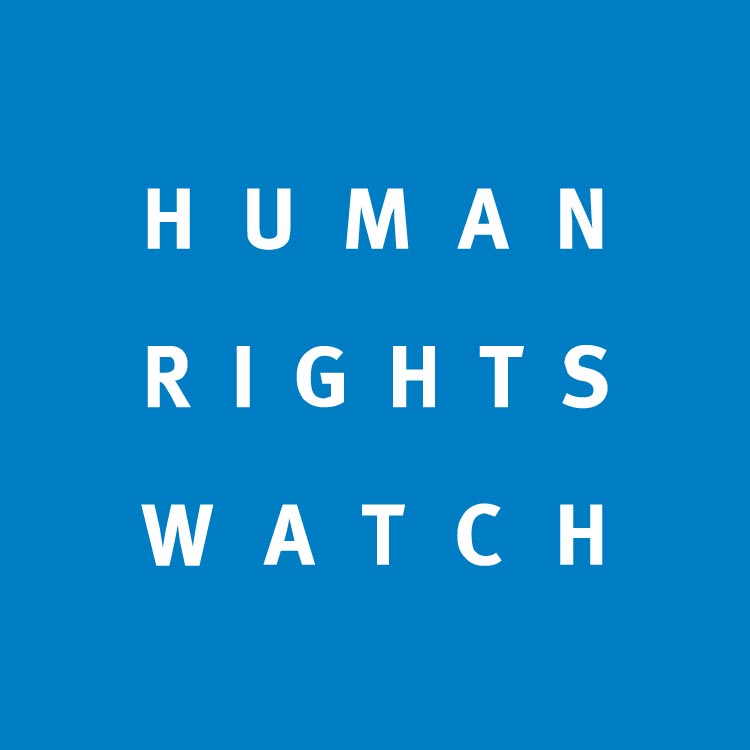Location
Human Rights Watch is a nonprofit, nongovernmental human rights organization made up of roughly 400 staff members around the globe. Its staff consists of human rights professionals including country experts, lawyers, journalists, and academics of diverse backgrounds and nationalities. Established in 1978, Human Rights Watch is known for its accurate fact-finding, impartial reporting, effective use of media, and targeted advocacy, often in partnership with local human rights groups. Each year, Human Rights Watch publishes more than 100 reports and briefings on human rights conditions in some 90 countries, generating extensive coverage in local and international media. With the leverage this brings, Human Rights Watch meets with governments, the United Nations, regional groups like the African Union and the European Union, financial institutions, and corporations to press for changes in policy and practice that promote human rights and justice around the world.
Members:
Resources
Displaying 1 - 5 of 7The Forever Mines: Perpetual Rights Risks from Unrehabilitated Coal Mines in Mpumalanga, South Africa
According to South African government records, there are no fewer than 400 abandoned coal mines.The risks from unrehabilitated mines extend far beyond the people who access the sites –they risk polluting the water of millions of South Africans. Coal across South Africa is found predominantly in ores with sulfur-bearing minerals. When these ores come into contact with water and air, sulfuric acid is created, which can lead to further leaching of heavymetals from ores. This reaction poses significant risks to water and agricultural land in many parts of South Africa, including in Mpumalanga.
I Had To Run Away: The Imprisonment of Women and Girls for ‘Moral Crimes’ in Afghanistan
Hidden in the Mealie Meal: Gender-Based Abuses and Women's HIV Treatment in Zambia
No one has the liberty to refuse: Tibetan herders forcibly relocated in Gansu, Qinghai, Sichuan and the Tibet autonomous region
This paper explores the extent of Chinese resettlement policies in Tibet. It focuses on the impact of these policies on Tibetan herders from a human rights perspective and based on its findings puts together a number of recommendations to international donors, the United Nations (UN) and the Peoples republic of China. Since 2000, the Chinese government has been implementing resettlement, land confiscation, and fencing policies in pastoral areas inhabited primarily by Tibetans, drastically curtailing their livelihood.



